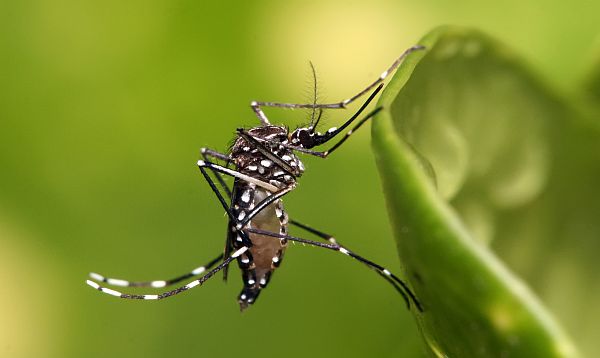Mexico City - Mexican scientists at the National Polytechnic Institute (IPN) have developed a bio-insecticide capable of stopping the genes involved in the development of the Aedes aegypti mosquito, preventing it from reaching adulthood and transmitting diseases like Dengue, Chikungunya and Zika.
The institution indicated that the serum is able to block the genes involved in the development of the mosquito, preventing it from reaching the adult stage, and thus breaking the transmission cycle of the viruses.
The director of the Center for Biotechnology Genomics (CGI) investigation, Eric de Luna Santillana, said the bio-insecticide is an important step in reducing the population of the 'yellow fever mosquito' on a global scale.
This could help reduce transmission rates of viruses that pose a serious threat to public health and for which there are no specific anti-viral treatments.
"We applied a mechanism called 'gene silencing,' using RNA interference to develop the biological insecticide, which will be an important tool to control mosquito vectors without harming the environment," stated the team leader.
"The product as such is of purely biological origin, it is produced in a bacterial system and this biological sequence is specific to a particular organism, i.e., it will not harm other types of insects or other aqua culture surfaces," he said.
At this point, IPN scientists are working on fine tuning the technology.
To learn more about the science behind this new technology, visit ElUniversal.com.mx.


